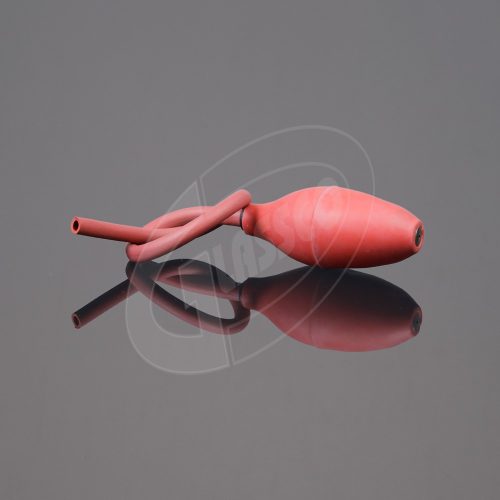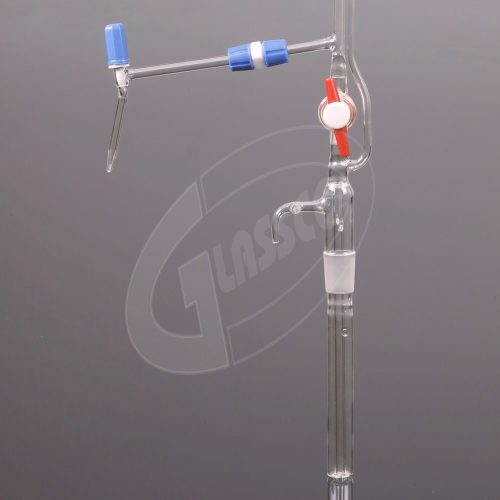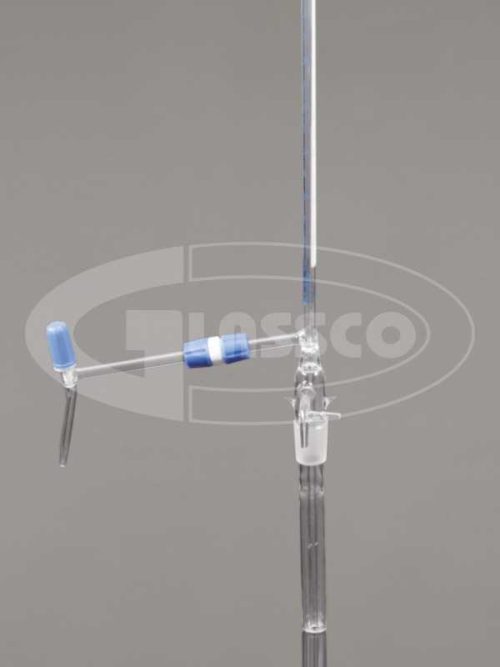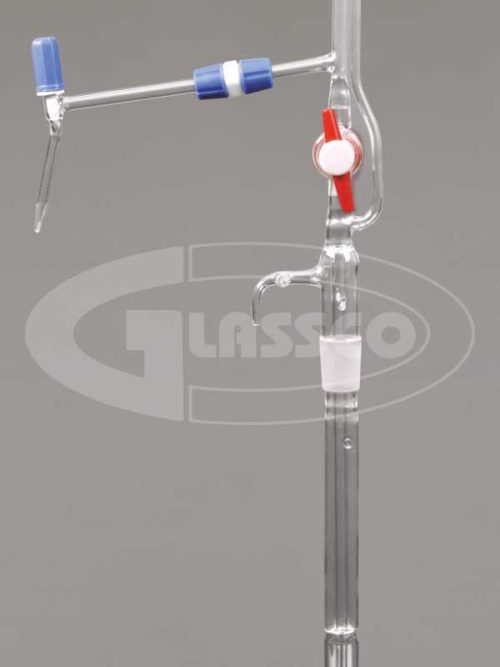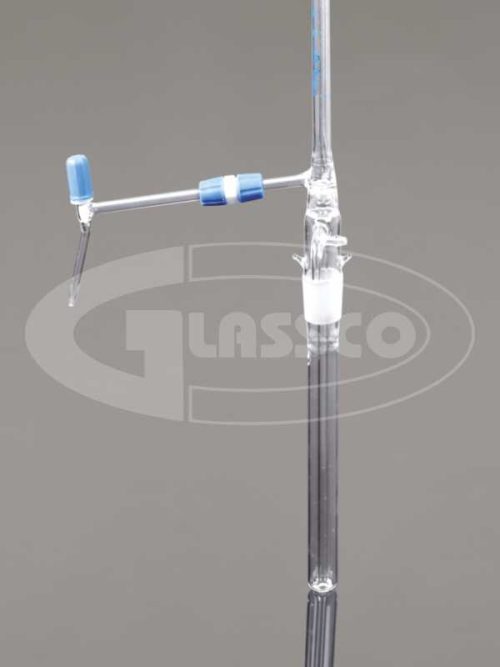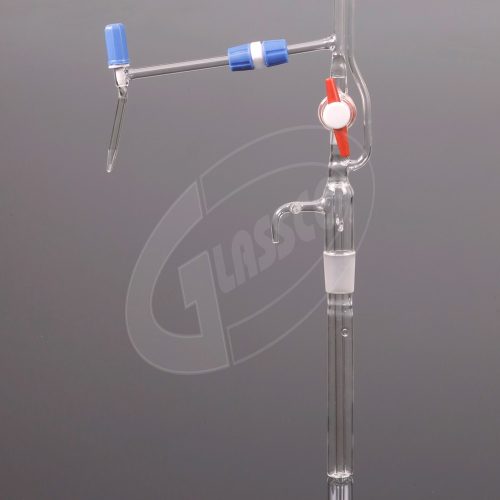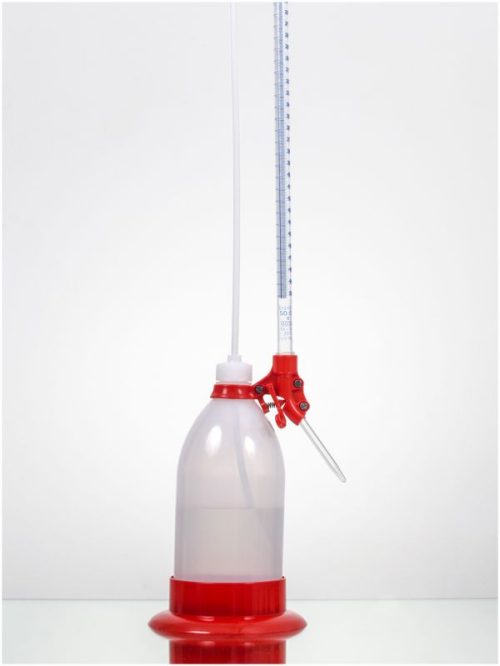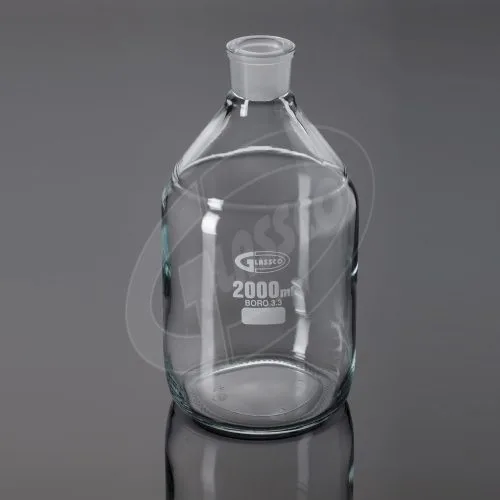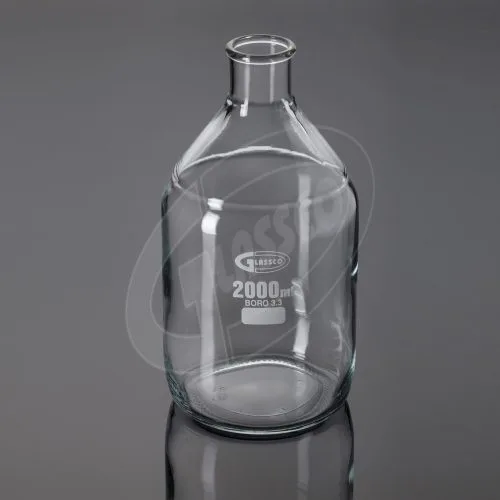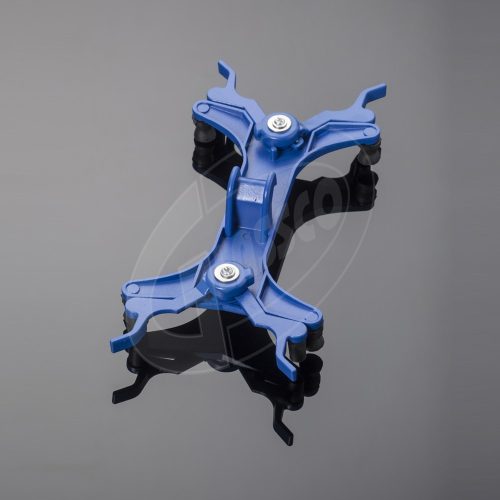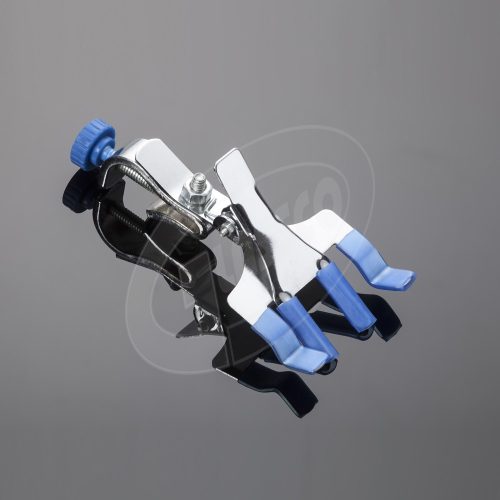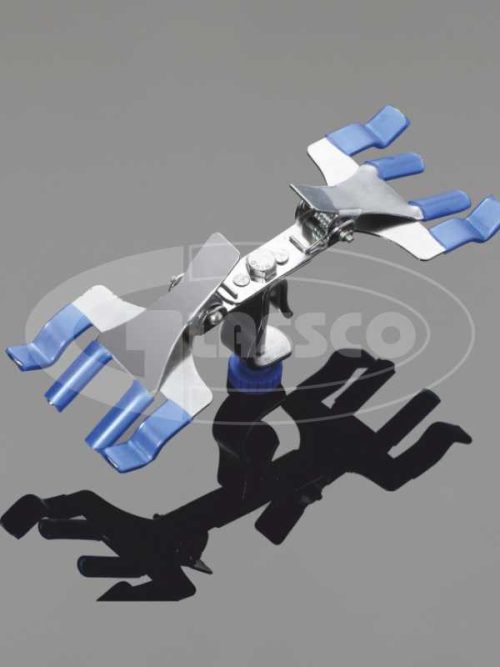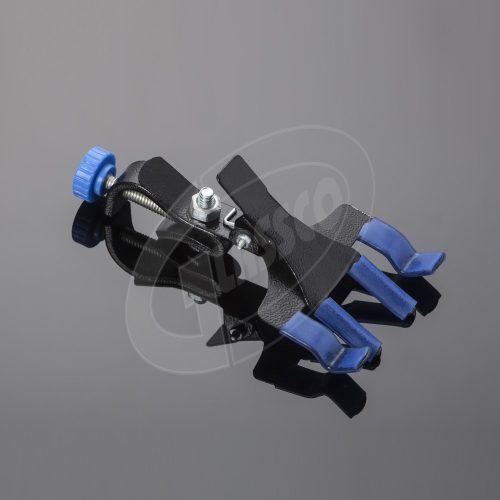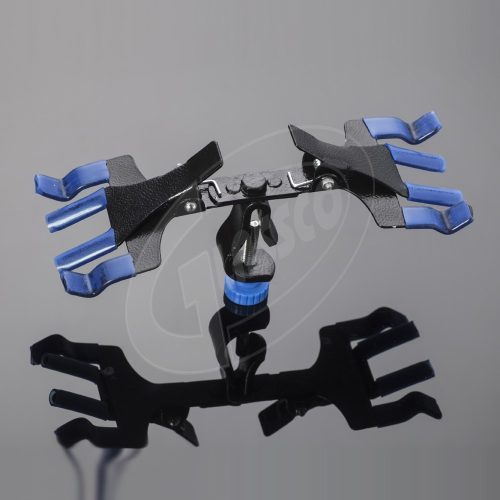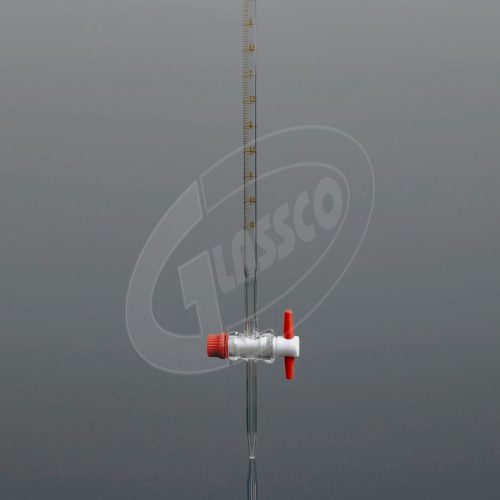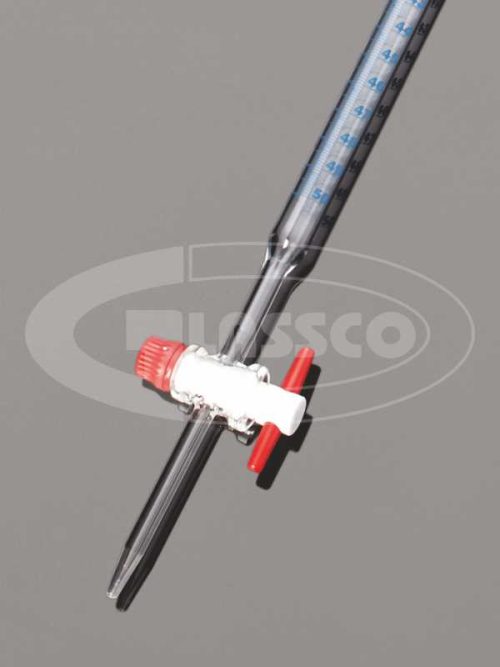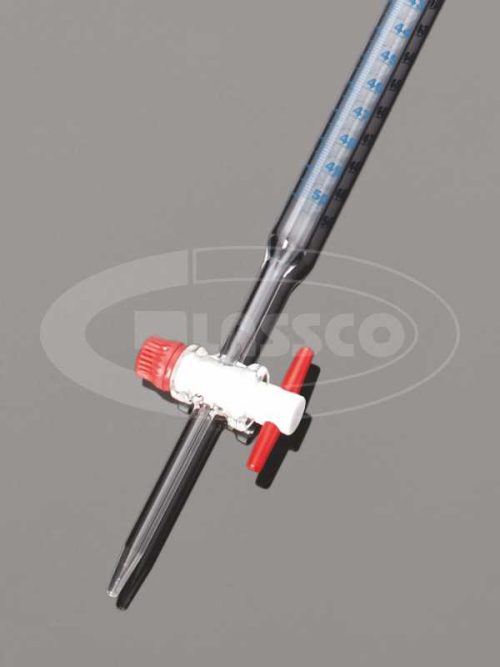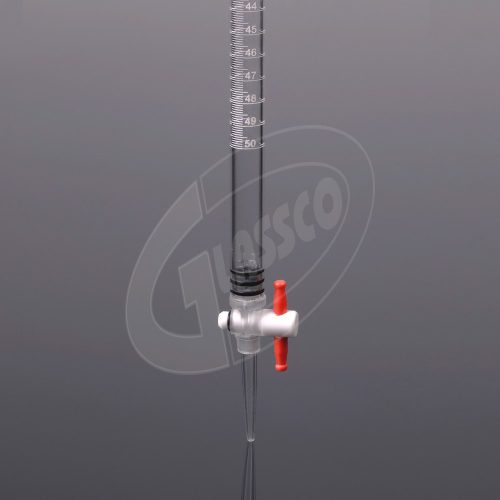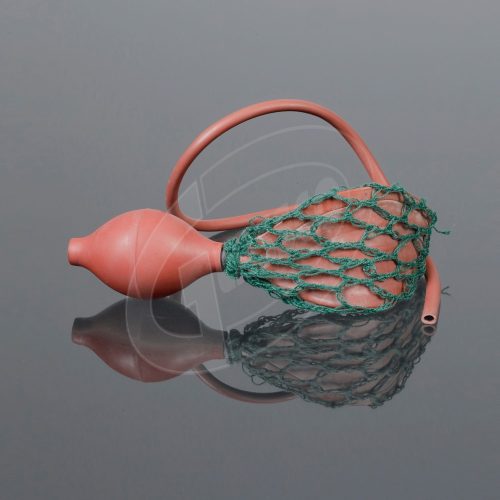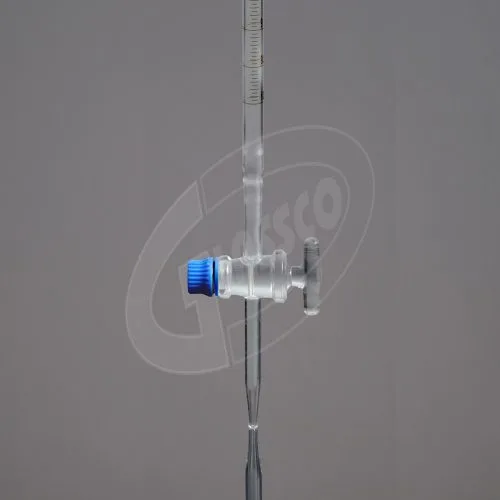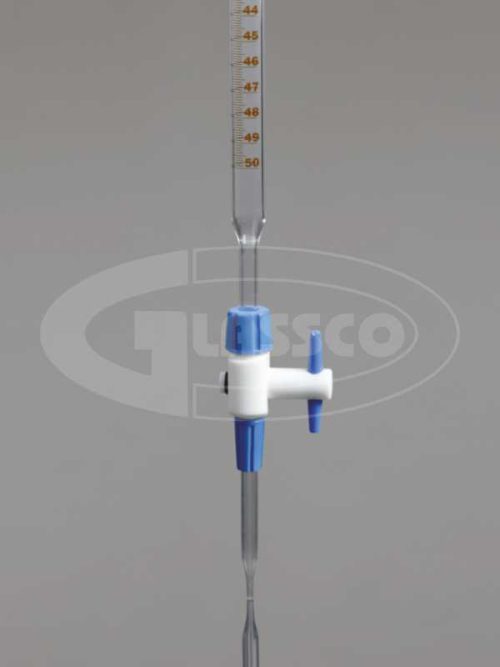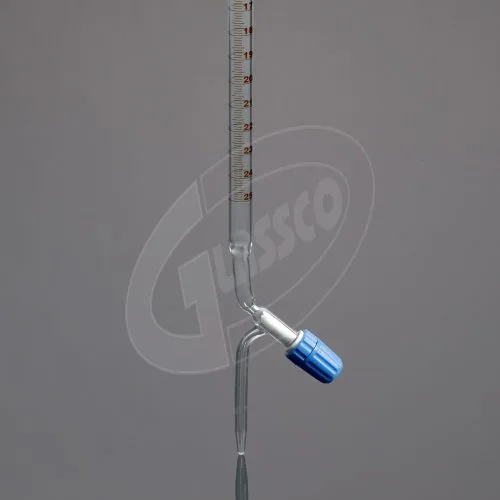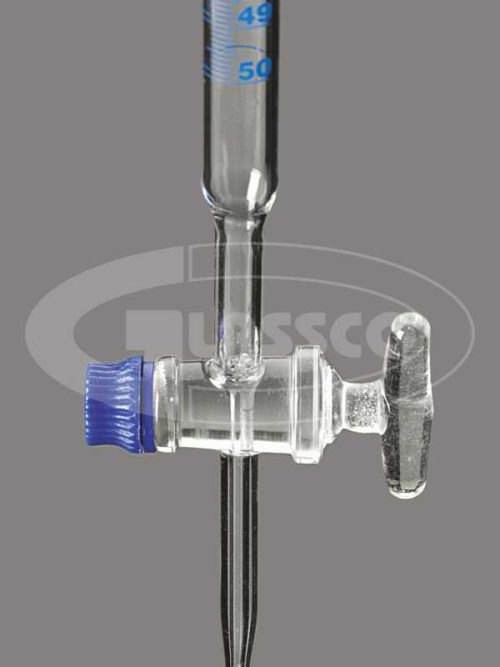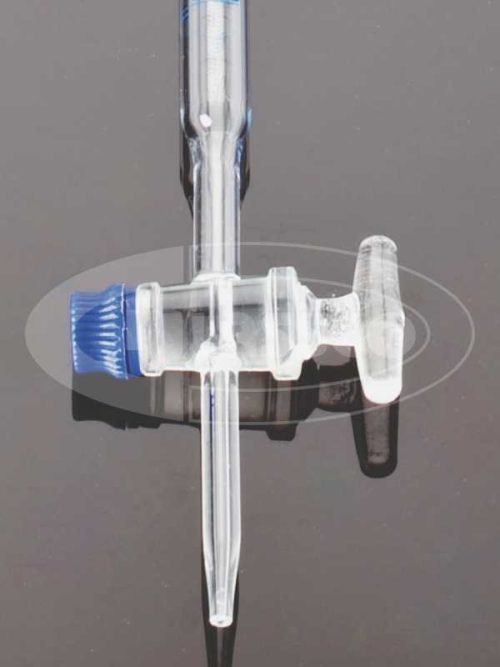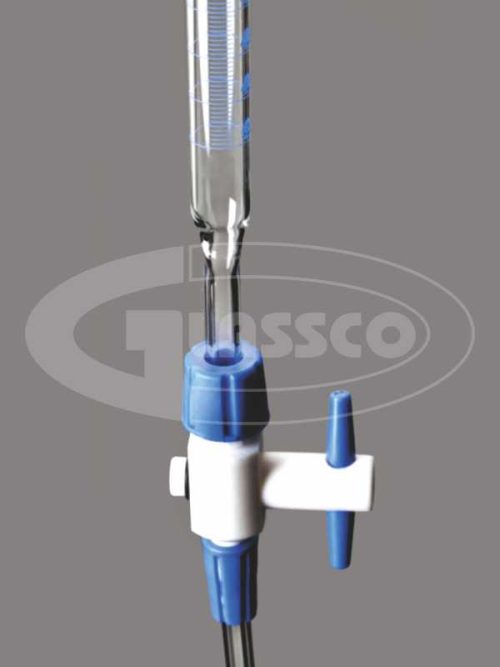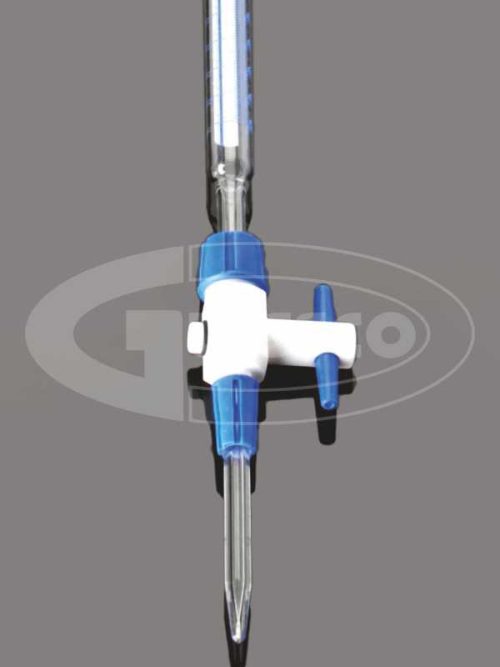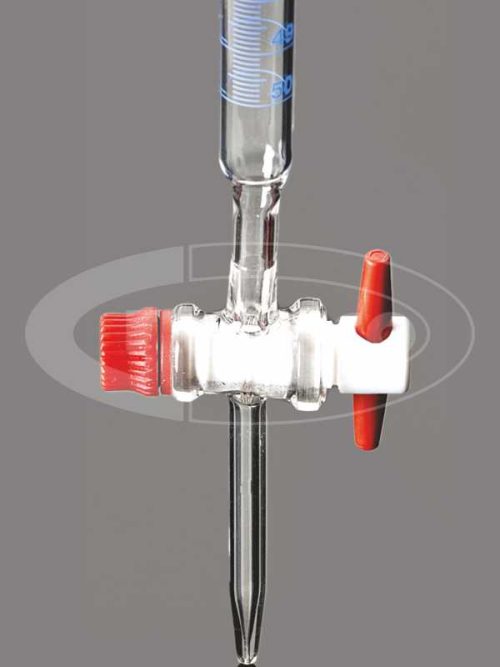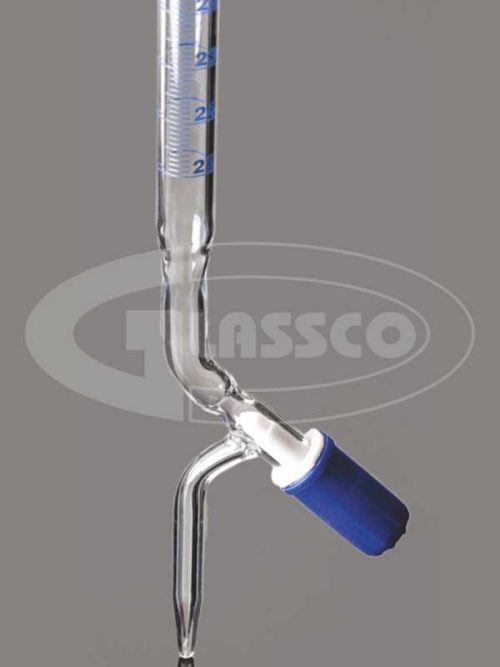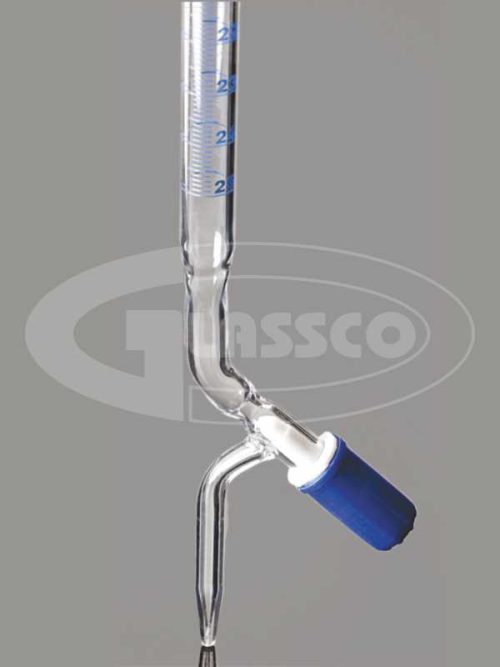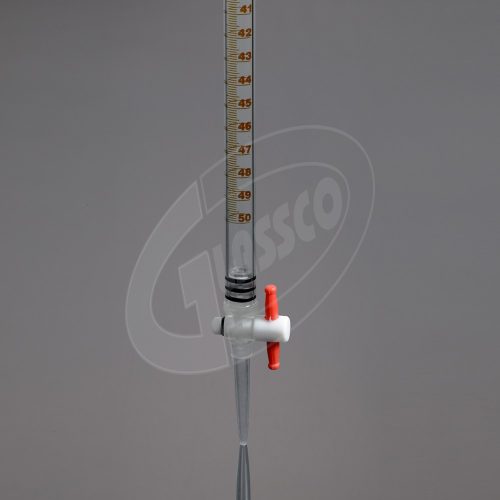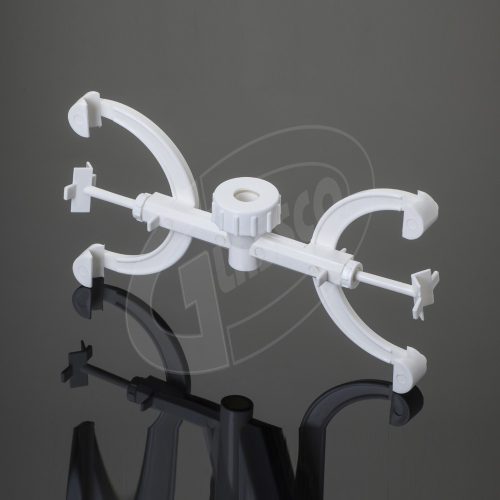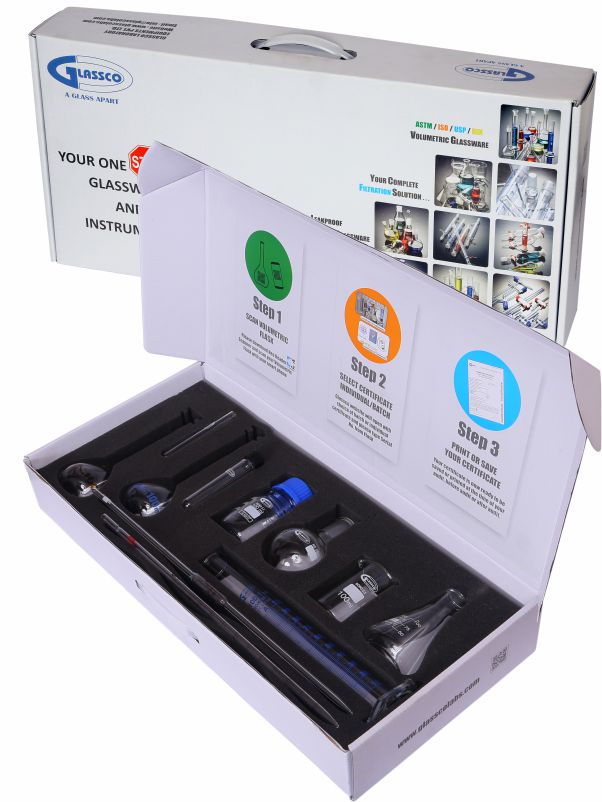Burettes
Automatic Burettes
A burette is a long graduated glass tube with a stopcock at its lower end and a capillary tube which is tapered at the outlet of the stopcock. It used to transfer desired volumes of a liquid from one vessel to another. These are generally used in titrations. It is also known as Burets. The name Burette was given by Joseph Louis Gay-Lussac, a French Chemist, in the year 1824. The first Burette was invented by Etienne Ossian Henry in the year 1845. He was also a French Chemist. An improved version of the Burette was later presented by a German Scientist Karl Friedrich Mohr in the year 1855.
Automatic Burettes Automatic Burettes are those in which least manpower is required to transfer liquids. This type of burette has a vacuum pump with the help of which one can store liquid in the burette. Automatic Burettes are also available in Amber Color too to protect the light sensitive chemicals. Features
- Chemical Resistance
- Consistency
- Durable
- Autoclavable
- Heat Resistance
- Needle Valve Stopcock
- Vacuum Pump
- Spring Holders
- Clamp
- Bottle
- Stopper
How to clean an Automatic Burette?
An Automatic Burette should be thoroughly cleaned and dried. Rinse the burette with distilled water twice and drain it using a stopcock. Then again rinse it with solution, roll it, drain and let it dry.
Where and how to store?
A Burette should be stored very carefully. Keep it in a freestanding rack. Store them inverted with taps open so that they should be drained.
- Class A and Class AS Burettes
- PTFE Stopper
- Fully Autoclavable
- Detachable Needle Valve Stopcock to ensure no breakage
- NABL, Batch and Individual Certificates available
- Made of Chemical and Heat Resistant Glass Boro 3.3
- Manufactured under ASTM, ISO and USP Standards
- Handle the burette very carefully.
- Sterilize it regularly before and after use.











